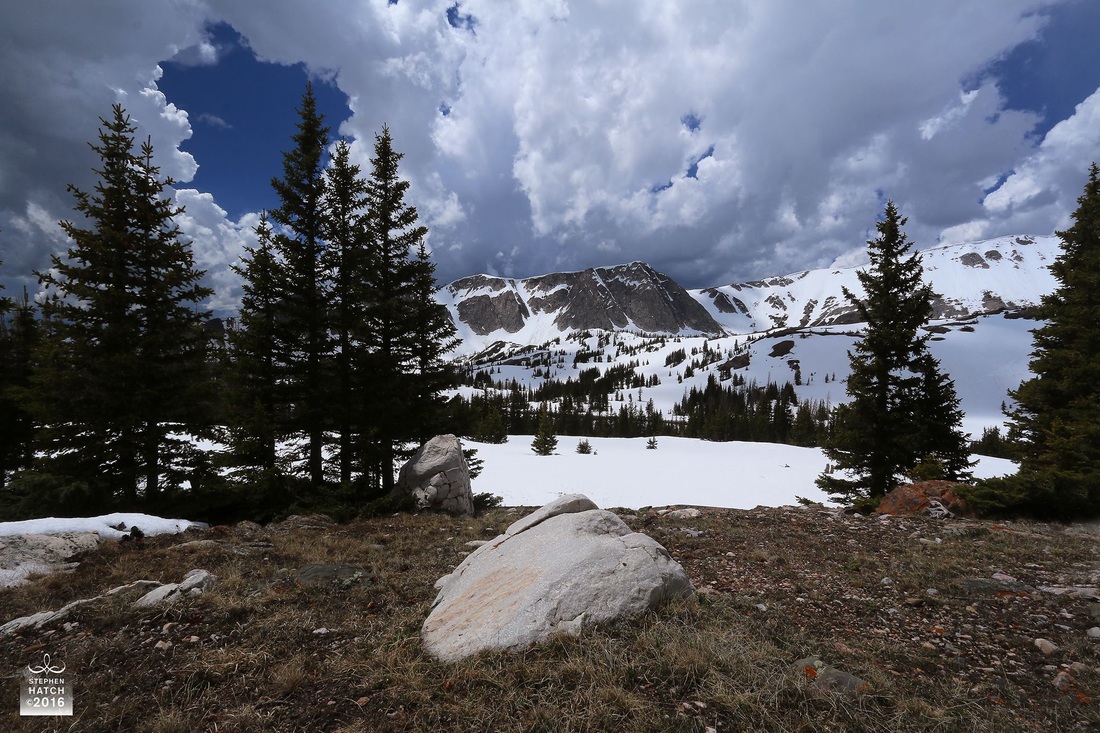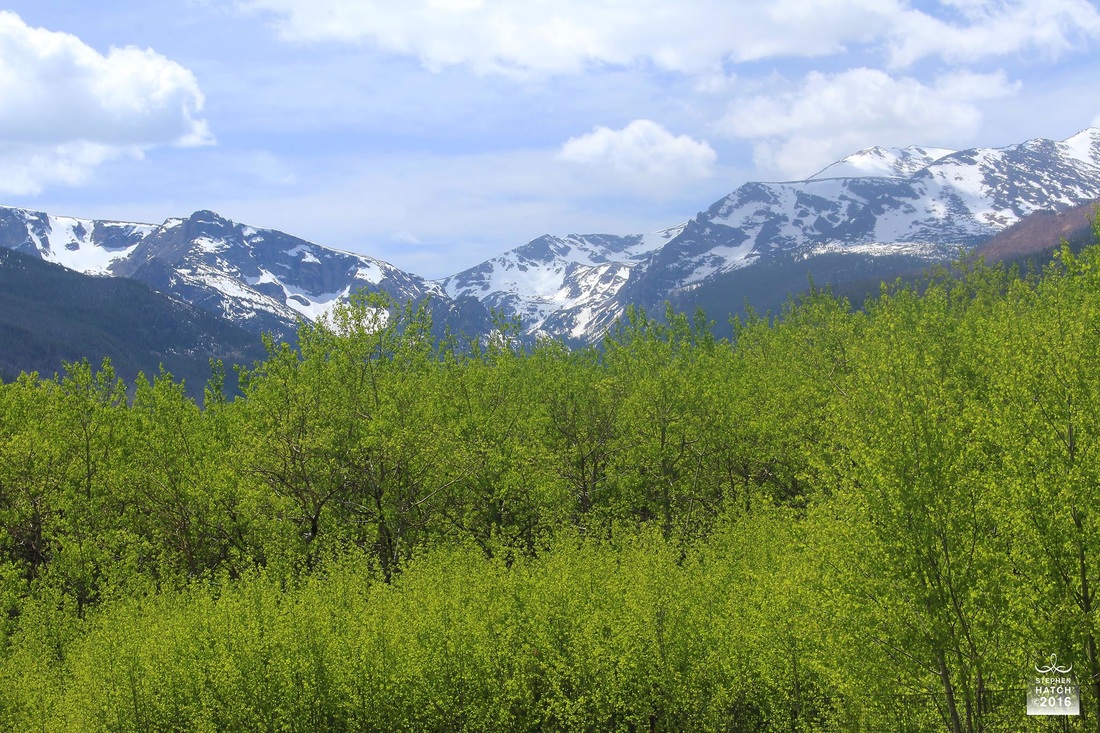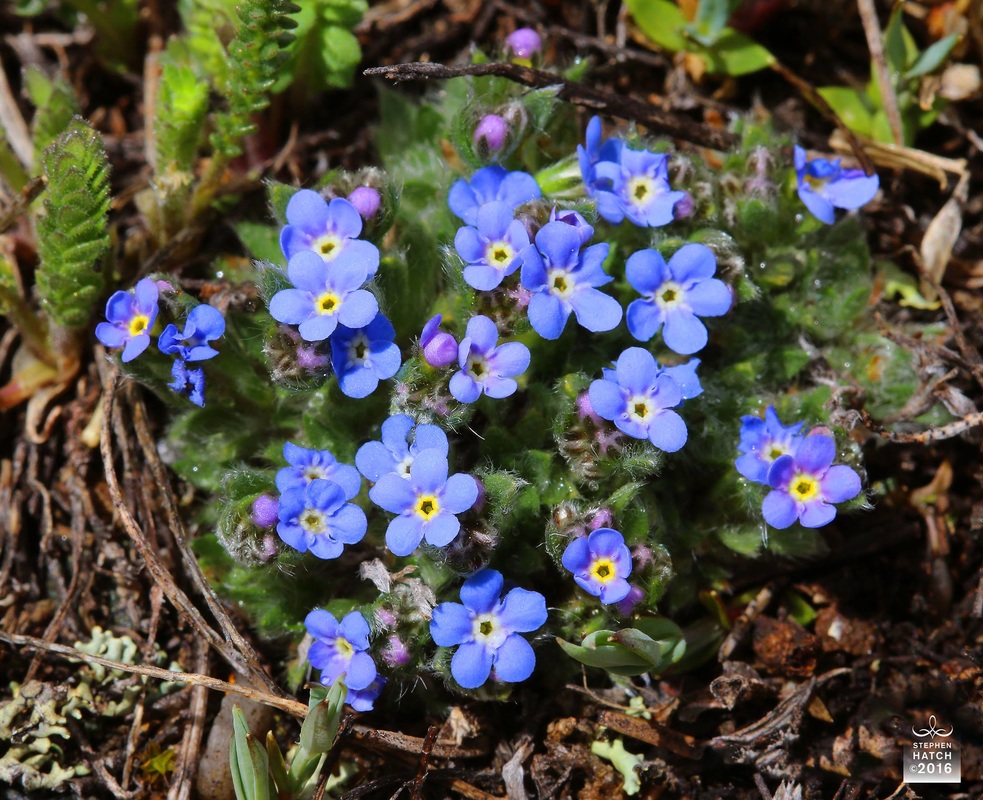|
"My words are tied in one with the great mountains, with the great rocks, with the great trees, in one with my body and heart. All of you see me, one with this world." Yokuts Prayer Central California Currently there seems to be an epidemic in our culture of violent or profane language. In Buddhist terms, we have forgotten the virtue of "Right Speech." As the Buddha says in the Pali Canon (committed to writing in 29 BCE in Sri Lanka): "And what is right speech? Abstaining from lying, from divisive speech, from abusive speech, and from idle chatter: This is called right speech." Lately I've been pondering the case of a beloved family member, who for several years had a romantic partner that would regularly spew out the most degrading insults at her, and then act as though the whole incident never occurred. I'm guessing this pattern probably had a history in the partner's alcoholic family, where people would use abusive language while in a drunken stupor, and then fail to recall afterwards anything that had been said. The problem, of course, with behaving in this way is that we can't take back our words once they are released and that they therefore can end up doing quite a bit of damage (often subconsciously) in the minds and hearts of those to whom the words are aimed. One of the things that troubles me most about our culture's current pattern of violent speech is the almost continual use of the "f" word when someone is angry. A year ago, for example, as I sat meditating on a ridgetop, my quiet was suddenly disturbed by an argument that a couple hiking below was having, one in which the woman was using the f-word almost constantly. It was really jarring and I found myself feeling profoundly depressed afterwards. I think also of some of our politicians, who aim the most insulting speech at anyone they don't like or with whom they disagree. How have we gotten to this state of affairs?I know that much violent speech is the result of anger, and I also realize that much of our anger occurs when we feel we do not have a say in a situation. Perhaps, like the author of the Yokuts Prayer, we need to view both ourselves and our words as embodiments of the dignity of the landscapes we love: the mountains, the rocks, the trees, and the flowers. If we learned to merge ourselves on a regular basis with the strength and dignity of Something Larger than ourselves, would our anger become as explosive as it often is? I don't believe so. Photos: A quartzite rock in the Snowy Range, WY; Fresh Aspen growth in Rocky Mountain National Park, CO; Douglas-fir trees in Box Canyon, Ghost Ranch, NM; Alpine Forget-Me-Nots in the Snowy Range, WY For Spiritual Direction or Workshops, please visit: www.resourcesforspiritualgrowth.com/
0 Comments
Leave a Reply. |
AuthorStephen Hatch, M.A. is a spiritual teacher and photographer from Fort Collins, Colorado. His approach is contemplative, inter-spiritual, and Earth-based. Archives
June 2016
Categories |




 RSS Feed
RSS Feed
